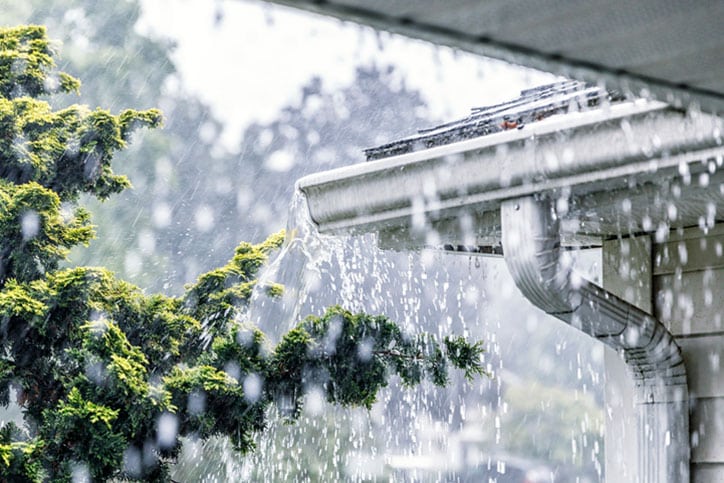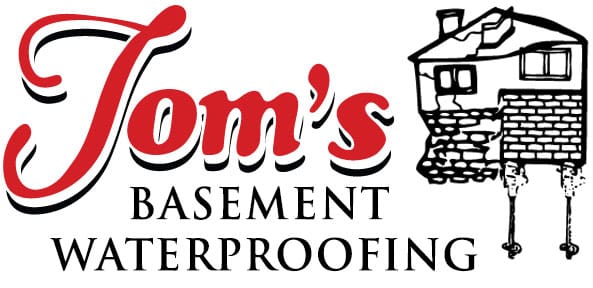
Detroit’s humid climate spells trouble due to soil movement, and homeowners are therefore no strangers to leaky crawl spaces and basements. Long-term Michigan homeowners know that both seasons of heavy rain and heavy snow are typical in this region, however, many are still unaware or unprepared for the weather and its effects on their home’s foundation. Whether your home is older or brand new, or whether you have a wood, concrete, or masonry foundation system, it is important to understand how weather can affect your house and your foundation.
Extreme Cold and Ice During the Winter Months
As temperatures drop, concrete contracts slightly, the ground freezes, snow melts overnight and soil expands. Frost heave causes the soil to become harder and expand around your foundation. The soil closest to your house will freeze on top first. The longer the cold sticks around, the more it permeates the soil, which will begin to freeze at deeper depths. When the ground freezes below layers that are already frozen, the expanding water pushes up; this is “frost heave.” The cycle of shrinking and expanding soil can damage foundations, too. Soil does not always get pushed upward. If it is confined, it can expand to the sides, which will eventually cause foundation damage.
Intense Heat During the Summer Months
The hot temperatures of summer and the drought that could come with it can cause the water in your foundation to evaporate, leading to cracks and even weakening of the concrete. Rising temperatures also cause the soil around your foundation to dry out, become brittle, and cause the foundation to settle. This settling into the ground can make your foundation develop cracks or even become uneven.
Damage Due to Excess Water and Flooding
The gaps and cracks created by extreme temperature will cause new problems when the rain comes back. These cracks will allow water to enter your basement or under your home, further weakening your foundation and potentially leading to flooding and water damage. If the soil around your foundation becomes too saturated with water, it will make your foundation settle more as well.
Inspecting the Home for Signs of Foundation Damage
As a homeowner, it’s important to regularly inspect your foundation and stay on top of any foundation problems with prompt repairs. If you haven’t had your own home’s foundation inspected recently, here are a few things to look for to diagnose possible foundation issues on your own:
- Cracking along floors and up walls, especially near windows and doors
- Doors and windows that are hard to open and close
- Growing gaps between windows and doors that can attract moisture and pests
- Cracking, tilting, or leaning chimney
- Slanting or sagging floors and bowing basement walls
- Growing mold, mildew, or rot in the home’s basement or crawl space with a musty smell
- Damaged porch or stoop
- Unexplained water damage in the home
Foundation cracks and other types of damage can be handled affordably when quick action is taken. If you’re looking for an experienced, trusted partner to provide foundation repair near you, choose Tom’s Basement Waterproofing in the Detroit-Metro area. To request a free foundation repair estimate or to learn more about the options we provide when it comes to foundation repair near you, give us a call today at (586) 776-7270 or contact us online to schedule an appointment.
